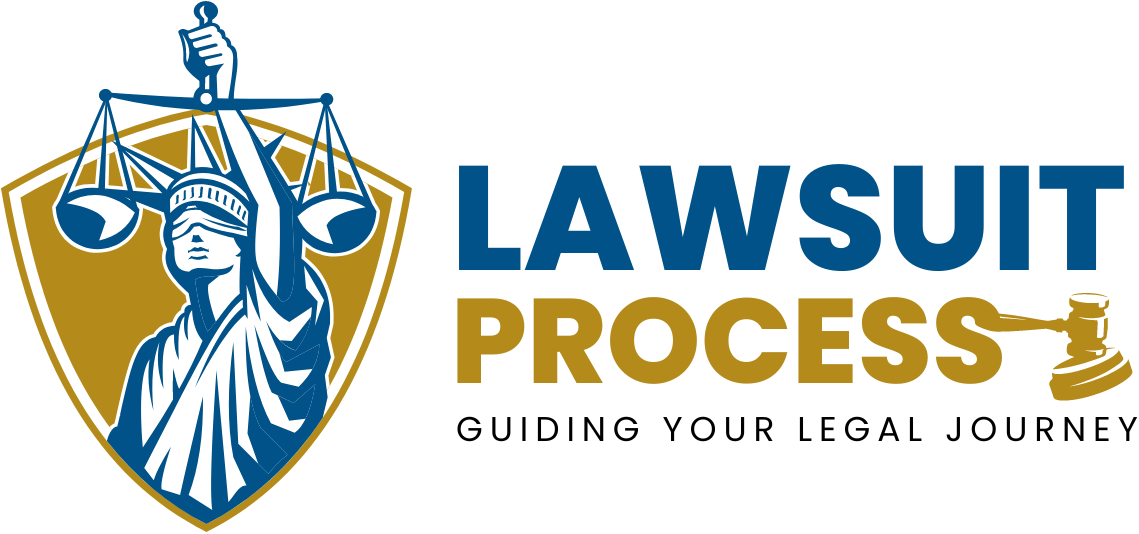Hiring a personal injury lawsuit attorney is a critical decision that can significantly affect your case’s outcome. However, many individuals unknowingly make mistakes during the hiring process, leading to inadequate representation or unsatisfactory results.
This article highlights common pitfalls and offers practical guidance to help you avoid them.
You may also like to read:
What to Expect When Working with Personal Injury Lawsuit Attorneys
Do You Need Personal Injury Lawsuit Attorneys? Here’s How to Decide
Table of Contents
- 1. Hiring the First Attorney You Meet
- 2. Ignoring Experience or Specialization
- 3. Overlooking Client Reviews and References
- 4. Not Asking About Fee Structures
- 5. Failing to Assess Communication Skills
- 6. Focusing Solely on Costs
- How to Avoid These Mistakes
- Conclusion
1. Hiring the First Attorney You Meet
Rushing to hire the first attorney you consult is a common mistake. While convenience may seem appealing, it often results in overlooking better-qualified professionals. Comparing multiple attorneys allows you to evaluate their experience, reputation, and approach to your case. Taking time to make an informed decision ensures you choose the most suitable representation.
2. Ignoring Experience or Specialization
Personal injury law requires specific expertise. Some individuals hire general practitioners who lack the specialization necessary for handling complex injury cases. Attorneys experienced in personal injury law understand how to navigate insurance companies, gather evidence, and maximize compensation. Always verify an attorney’s track record in handling cases similar to yours.
3. Overlooking Client Reviews and References
Failing to check client reviews and references can lead to hiring an attorney with poor performance. Online reviews, testimonials, and references from past clients provide valuable insight into an attorney’s reliability, communication, and success rates. Positive reviews indicate professionalism, while consistent negative feedback is a clear warning sign.
4. Not Asking About Fee Structures
Many clients misunderstand fee structures, leading to confusion and unexpected costs. Most personal injury attorneys work on contingency fees, meaning they only get paid if you win. However, additional expenses such as court filing fees or expert witness costs may apply. Clarify all payment terms upfront to avoid unpleasant surprises.
5. Failing to Assess Communication Skills
Effective communication is vital in any attorney-client relationship. Choosing an attorney who is unresponsive or difficult to reach can hinder progress. During consultations, observe how the attorney communicates. Do they explain legal concepts clearly? Are they attentive to your questions? Strong communication ensures you stay informed and confident throughout the case.
6. Focusing Solely on Costs
While cost is an important factor, it should not overshadow quality. Choosing the cheapest attorney often results in inadequate representation. Experienced attorneys may charge higher fees, but their expertise and resources often lead to better outcomes. Balance affordability with the attorney’s qualifications and reputation to ensure effective representation.
How to Avoid These Mistakes
To avoid these common mistakes, follow these steps:
- Conduct thorough research on multiple attorneys before making a decision.
- Schedule consultations to compare qualifications, experience, and communication styles.
- Request client testimonials and verify their professional credentials.
- Clarify fee structures and discuss any additional costs upfront.
- Choose an attorney who specializes in personal injury law and has a strong track record of success.
By taking these precautions, you can make an informed decision and secure the best legal representation for your case.
Conclusion
Avoiding common mistakes when hiring a personal injury lawsuit attorney can save you time, money, and frustration. Carefully evaluate potential attorneys by researching their experience, communication skills, and reputation. Do not rush the process or prioritize cost over quality.
By following these guidelines, you can select a qualified attorney who will work diligently to achieve the best possible outcome for your case.










